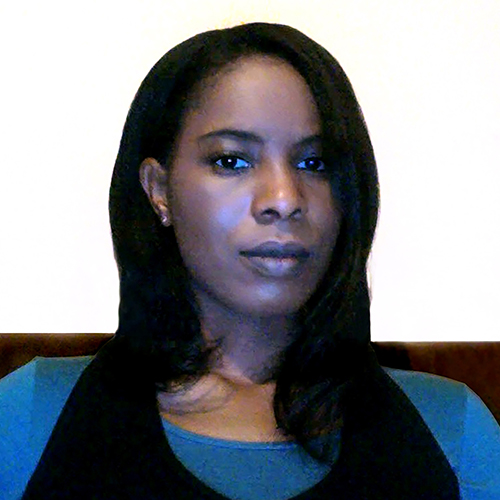
Natasha Trotman
Equality Designer and Researcher, Somerset House Studios, Studio 48
Natasha is an artist, equality designer and researcher with a background in inclusive design, whose work focuses on mental difference, neurodiversity and intersectionality, as a way to foster new conversations and new approaches to the world around us. Her work examines different ways of navigating, experiencing and processing the world.
Natasha studied Information Experience Design (IED) at the Royal College of Art and has a Master’s degree in IED, with a background in Graphic Design, Inclusive Design and Data and Systems analysis from Oxford. She is a Fellow of the Royal Society of the Arts and a Member of the Chartered Society of Designers. She is also a special educational needs/disability (SEN/D) practitioner working with disabled children and young people. Combining these various strands she now works as an Equality Designer.
Currently an artist in residence at Somerset House’s studio 48, Natasha was commissioned by Somerset House to create a film that centres the experiences of disabled and neurodivergent people; SUBSET / RESET. She is also an Inclusion and Diversity consultant for Somerset House Trust. In addition, Natasha is a consultant for Wellcome Collection and sits on its Inclusive Practices Panel. She previously held the role of Research Associate at The Royal College of Art’s Helen Hamlyn Centre for Inclusive Design.
She has exhibited widely, creating sensory workshops and shows at cultural institutions and organisations including The Wellcome Trust, The Victoria and Albert Museum, The London Design Biennale at Somerset House, the National Portrait Gallery and Tate Britain. She was selected as a 10×10 emerging Artist by the British Council.
“Adversity, courage and solidarity were braided together to create a spark, this has illuminated a question: What would our cities, towns and rural areas be like if they centred disabled and impaired people? It’s the existing systems that need to be broken down and reconfigured, not people, in order for us to build back different post Covid-19.”
